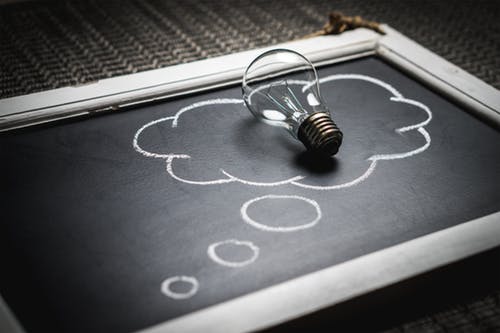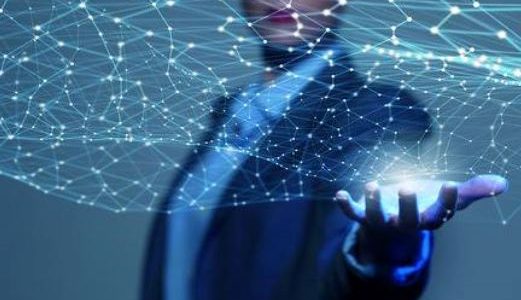AI will steal our jobs – really?
A fearful catch-cry recently is that AI will steal our jobs – but is this really true? Since Chat-GPT and other generative AI systems have become available, there is a broad fear that it will start to take over and force people out of their comfortably held jobs. It has been a catch-cry for many centuries for all change, a fear that the new technology or development will steal jobs away from the hard-working people who have done that work for years. In this article, I will challenge that AI will steal our jobs, and ask if this is really true.
AI will lead to change – including job changes
It is true that the new capabilities of this amazing technology will cause ripples of change. Changes that will modify jobs, alter responsibilities, and restructure positions. There may be employers who choose to take these changes as requiring job losses – but also new positions will be created. But, will AI steal our jobs? Not really.

AI will enable business to add new intelligence in to their workforce, and to streamline tasks that otherwise may be done by a low-salaried employee who may make mistakes. AI Chatbots and automated answering of emails (if you have ever worked in customer service or customer support, you will know that 80%+ of all requests are effectively the same). The inclusion of AI will allow people to focus on areas where their individual skills and experience can be used, and let AI and automation do the mundane and repetitive tasks – but do them consistently and well.
AI also will enable a business to have a consistent level of intelligence and skill – asking AI to create new documents or to simplify text, or create a spreadsheet from source data – will be consistent and be produced with skill and capability. You don’t need to teach AI good sentence structure, you don’t have to ensure that AI knows how to use standard tools – unlike a human.
AI does not have a bad day, does not a difference of opinion to the company policy and values, and is consistent and fast acting. However, there are problems with AI having “hallucinations” where it has insufficient information, or providing invalid responses when the source data does not meet what the AI has been learning with. There will come a time where we trust the quality of AI’s work more than that of a human, but for the meantime, it still requires [occasional] checking.
Rejecting new technology
Humans become comfortable with what they know. People, generally, do not welcome change. This is particularly true when a person has been accustomed to steps or activity that they feel they have worked hard, or are particularly skilled in that area. We don’t like it when someone comes along and tells us that there is a better way. In history, there has been resistance to refrigeration, mechanisation, trains, automation, and even computers.

It is human nature to be fearful of change. Change that affects you directly, but also fear that it may not work, or may not be as good as already engrained systems and processes. People have inertia, and do not want to be forced to move. However, we need to understand the change in order to accept it, and many people wil actively block a change before understanding it.
A history of transformation
Our history has been littered with significant change caused by new technology. We have see the loss of secretaries in typing pools cause by the prevalence of word processors and now voice recognition. We have see the transition from horses to cars – with horses now considered a luxury possession, and houses built with garages instead of stables. Whole communities have changed because of industrial farming practices where towns have become empty because labourers are not required.
The American computer and cognitive scientist John McCarthy coined the phrase “artificial intelligence” in 1956 to describe a discipline of computer science whose goal was to create machines with human-like intellectual capabilities – but it has become so much wider than that. We now have AI able to exceed what humans can do, and the dirty secret of AI is that we don’t know how it works.
AI “stealing” jobs
In conclusion, AI is not a facsimile of a human, and will not step in and completely replace a whole human in their job. It will, however, take functions and tasks away from existing human jobs – allowing the humans to focus on areas where they can add more value. Use of AI as a tool will enable businesses to streamline some jobs, and possibly reduce the number of people they need to achieve business outcomes – which will involve some job losses. The jobs at most risk are areas where there are already predictable and measured outcomes – like computer programmers, testers, routine activity roles.
